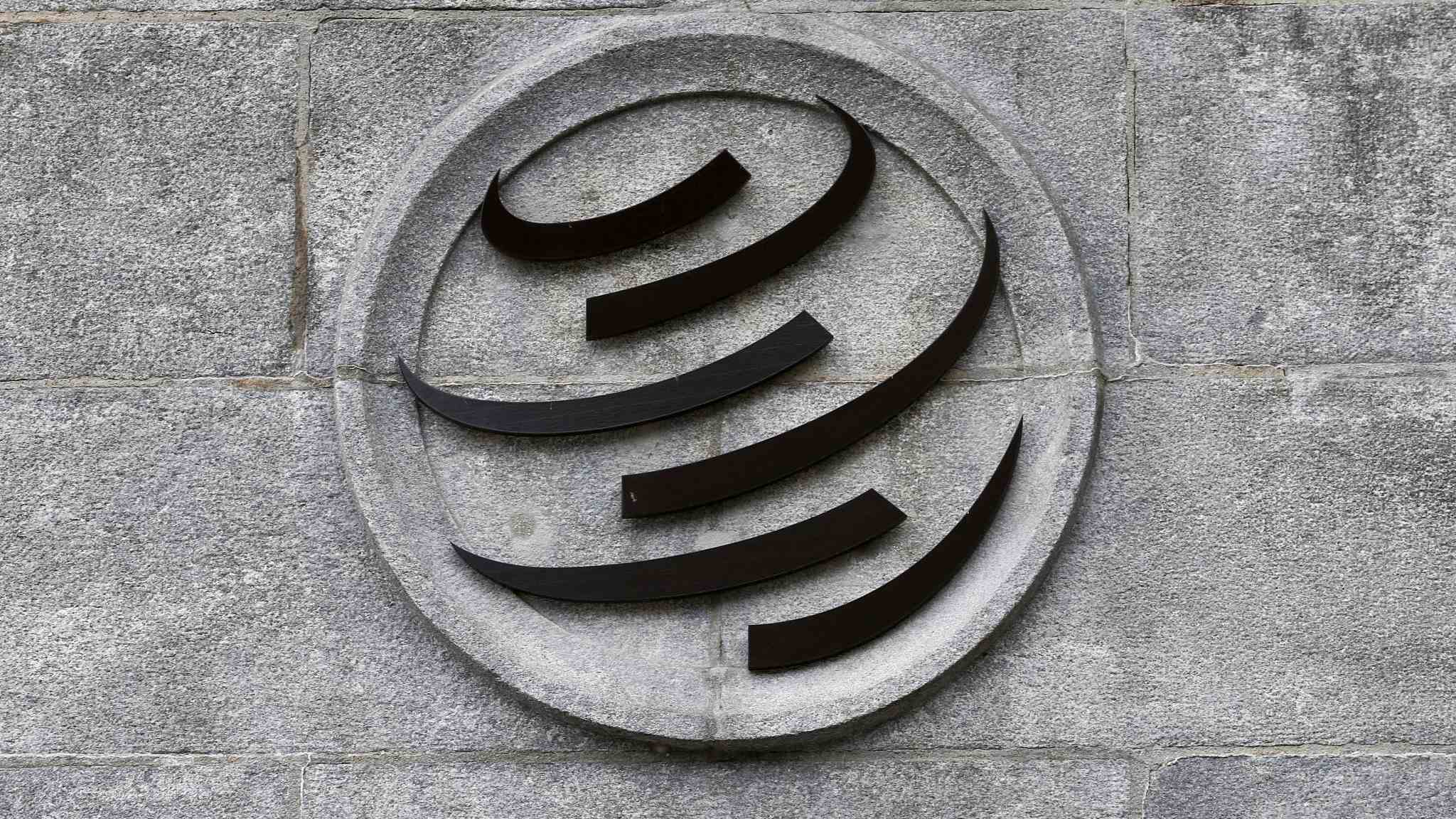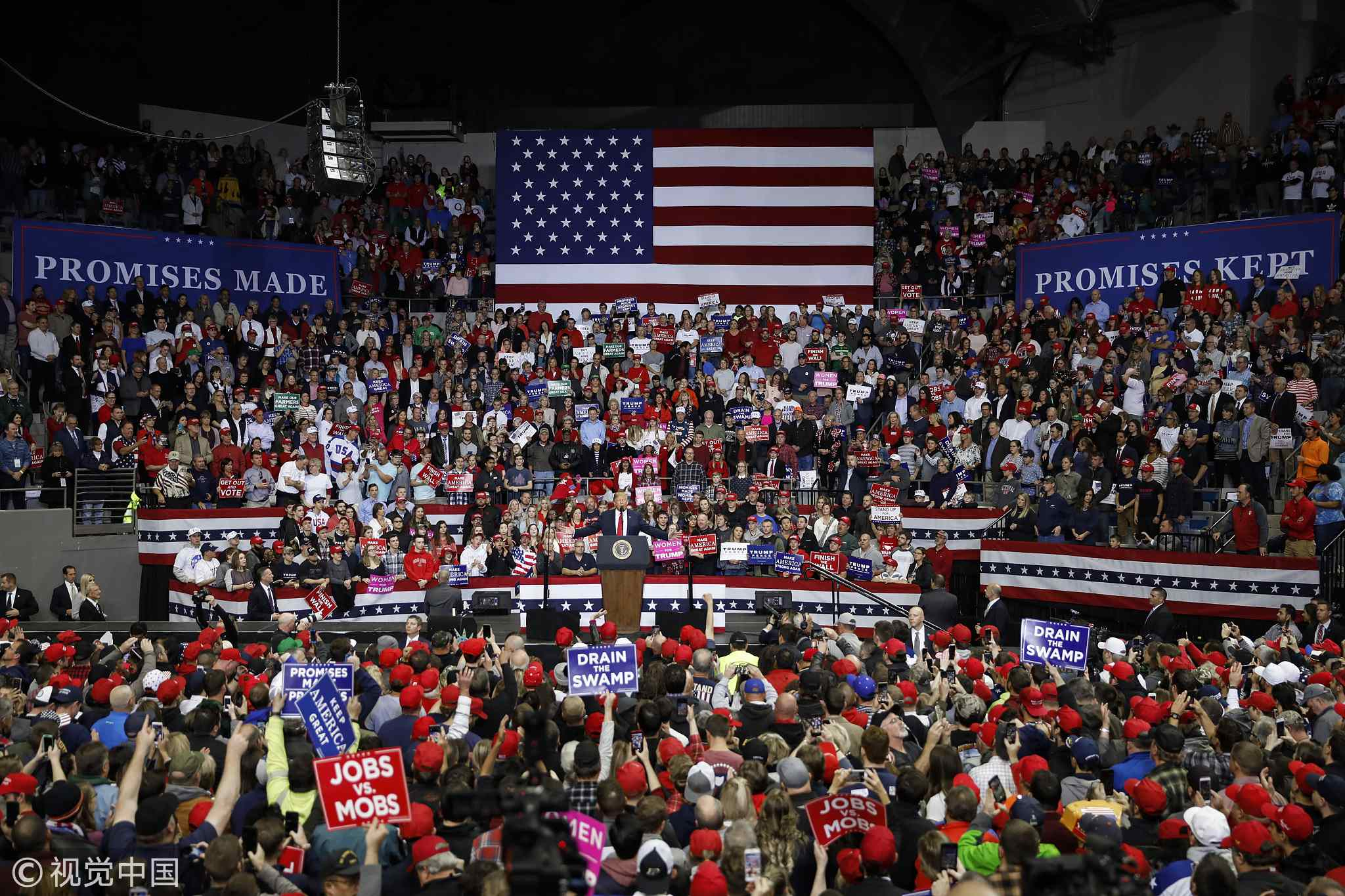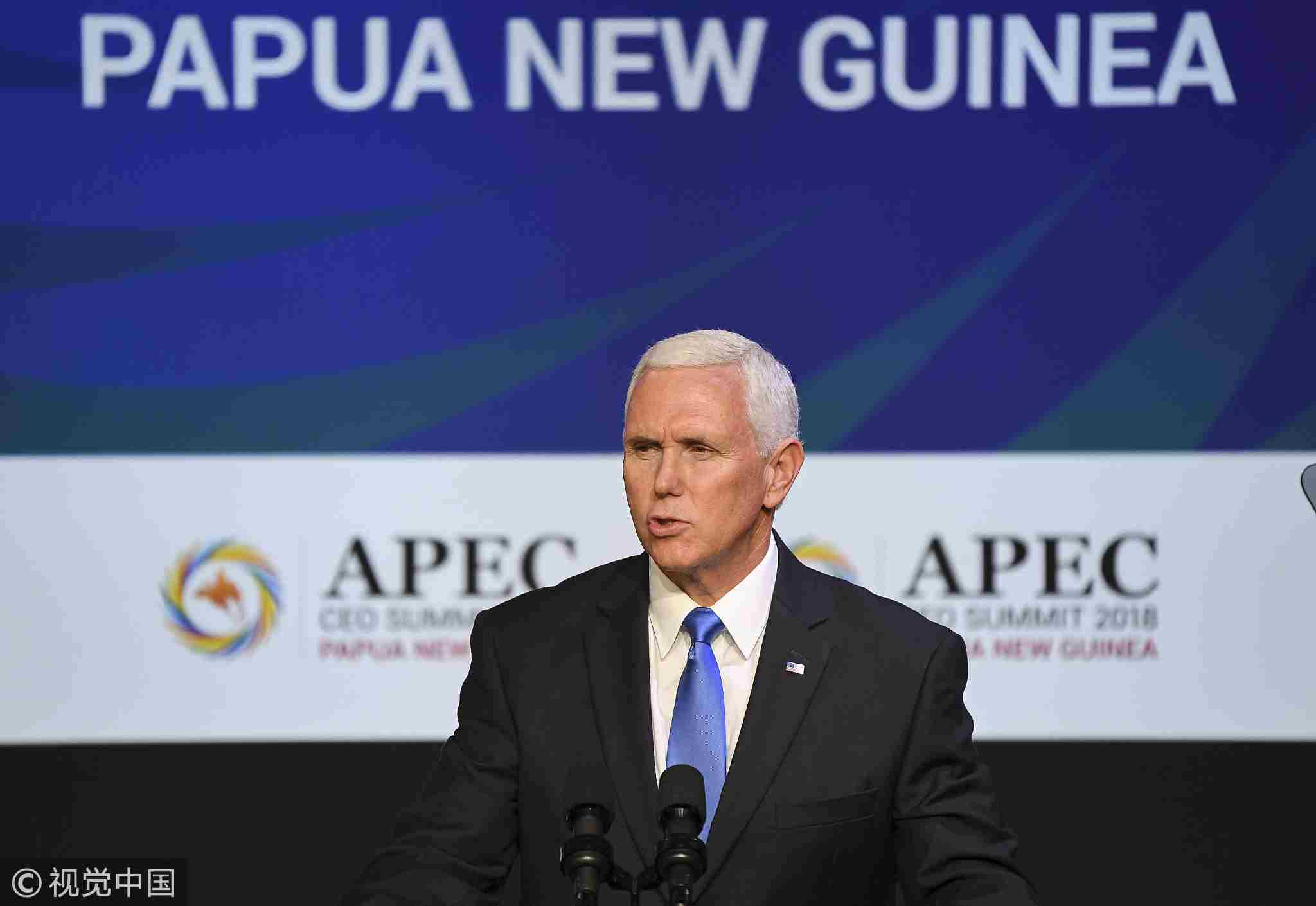
Opinions
11:40, 16-Dec-2018
Analysis: What will come out of the WTO review of U.S. trade policies?
Updated
10:56, 19-Dec-2018
Sun Yang

Editor's note: Sun Yang is an associate professor of China University of Political Science and Law. This article reflects the author's opinion, and not necessarily the views of CGTN.
One of the World Trade Organization's functions is to resolve bilateral and multilateral trade disputes. Its 14th review of the recent trade policies and practices of the U.S. government will have a major impact on global free trade and the general tariff measures taken by every WTO member.
Although the U.S. government blocked the first request by some WTO members, such as China, the EU, and Canada, for a panel review by the WTO Dispute Resolution Body to determine whether U.S. tariffs on steel and aluminum violates free trade rules, a second request has now been approved and the review will surely clarify the legal status of U.S. tariff measures.

U.S. President Donald Trump speaks in a campaign rally for Republican Senate candidate Mike Braun at the County War Memorial Coliseum in Fort Wayne, Indiana, November 5, 2018. /VCG Photo
U.S. President Donald Trump speaks in a campaign rally for Republican Senate candidate Mike Braun at the County War Memorial Coliseum in Fort Wayne, Indiana, November 5, 2018. /VCG Photo
According to Art.I.1 of the GATT adopted by the WTO, each member shall accord unconditionally with respect to customs duties and charges on all imports. This fundamental rule, also known as the “General Most-Favored-Nation” treatment, is put in place to promote free trade among contracting countries within the remit of the WTO. To put it simply, each member shall not unilaterally change domestic policies which may affect unconditional customs and duties on imports.
With the U.S. imposing tariffs on steel and aluminum, its unilateral policy violates the principle of free trade. Although the U.S. president defends his trade policy in the name of “trade deficits and unfair trade policies,” the illegitimacy of unilateral measures surely should not be accepted by the WTO and other member countries.
In addition, Art.II.1 of GATT provides that all member countries should follow the WTO “Schedules of Concessions” commitments, which are a general rule that establishes specific tariff concessions and commitments for a list of general goods regularly imported and exported in the international market.
As one of the achievements of WTO multilateral trade negotiation, the general rule demands every member country make sure their tariff levels are in accordance with their commitments to other contracting countries.
The list may change over time due to modifications, a statutory procedure demands a close examination of legal instruments and equal negotiations among relevant countries.
Therefore, no unilateral measures on tariffs by a single country would be accepted by the WTO as it violates the statutory procedure. Since the steel and aluminum are both general goods, the U.S. government should initiate the procedure and negotiate with other countries first instead of taking unilateral measures.
China, Canada, Mexico, Norway, Russia, Turkey and the EU have sent a request to the WTO Dispute Settlement for the second time, and the Dispute Settlement Body would then follow its procedure to examine the U.S. tariff measures.

U.S. Vice President Mike Pence speaks at the APEC CEO Summit on board P&O Cruises' Pacific Explorer cruise ship in Port Moresby, Papua New Guinea, November 17, 2018. /VCG Photo
U.S. Vice President Mike Pence speaks at the APEC CEO Summit on board P&O Cruises' Pacific Explorer cruise ship in Port Moresby, Papua New Guinea, November 17, 2018. /VCG Photo
Generally speaking, the review by the Dispute Settlement Body has two stages for settling disputes among disputing countries. The first, called the Consultation (up to 60 days), allows disputing parties to settle disputes themselves.
Considering the current circumstances, it is unlikely the U.S. government would settle with other countries. Hence, the review will most likely proceed to the second stage – the establishment of a panel which usually lasts for seven or eight months. The panel consists of experts who consider the given case and deliver the final report to the Dispute Settlement Body.
Such a report can only be rejected with a consensus in the Dispute Settlement Body, which generally speaking, is unlikely to happen.
In that case, the final report becomes a binding ruling. Since the panel experts strictly interpret the WTO rules and procedures, member countries that violate the rules or procedures rarely win in the panel's ruling. Consequently, the U.S. government is most likely to be ruled for violating the WTO rule on unilateral tariff measures.
The U.S. government, however, may opt to appeal the panel's ruling. This would add another three months to the entire process. Unfortunately for the U.S. government, the appeal only reviews legal issues from the perspective of law, which means no re-examination on existing evidence or a look at new issues. If the U.S. government lost in the panel ruling, the appeal result is most likely to be unfavorable to it again.
The rules of the WTO can ensure that the benefits of free trade are delivered, but it requires all member countries to comply with the rules. Unilateralism goes against the overall trend of global trade, leading to more distrust, conflicts and even trade wars. To the U.S. government, there is still time to correct its erroneous policies.
(If you want to contribute and have specific expertise, please contact us at opinions@cgtn.com.)

SITEMAP
Copyright © 2018 CGTN. Beijing ICP prepared NO.16065310-3
Copyright © 2018 CGTN. Beijing ICP prepared NO.16065310-3